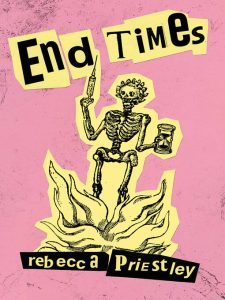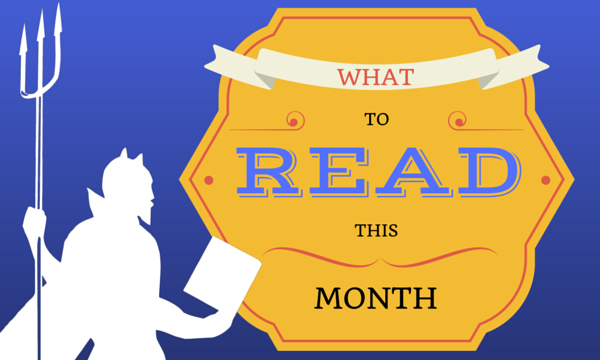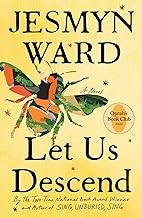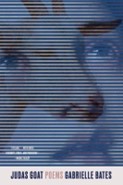It’s time to graduate!
You’ve reached this important milestone in your academic career and are about to do great things! Some of you will embark on your careers shortly after graduation, some will go on to graduate and professional schools, and others may even write and get published. Whatever path you take, there’s a good chance you will still need to perform research, which leads to the question…
Will I be able to access Duke University Libraries’ resources after I graduate?
Unfortunately, you will lose some of your access to these resources. However, you can still conduct research, but it may require you to do more digging.
Check out these helpful tips!
Options at Duke Libraries
- Services for Alumni: https://library.duke.edu/services/alumni
- Friends of the Duke University Libraries: https://library.duke.edu/support/friends
- Stay in touch with us: https://library.duke.edu/about/newsletter
Local Academic Libraries
If you are relocating to a community with a nearby university or college, you may be able to use their library resources. Visit their website for exact details of services and policies.
Common things to look for:
- Do they have a Friends of the Library program?
- Can you use some of their online databases if you visit their library?
- Do they have a rare books and manuscripts collection?
- Do they allow any of their books to be checked out to the public?
Local Public Libraries
Though they will have less of an academic focus than our libraries, you may be pleasantly surprised by what your public library offers!
- Apply for a free library card at your local library. Sometimes for a small fee, you can also get library cards to access resources at the libraries in surrounding towns.
- Find out what kinds of online databases they have. They may have access to newspapers, data sets, journal and magazine articles, streaming films, etc.
- Find out how their interlibrary loan program works.
Digital Collections
Many libraries and museums have digitized a few of their collections. Examples:
- Duke Digital Collections: https://repository.duke.edu/dc
- Digital Public Library of America: https://dp.la/
- Smithsonian: https://library.si.edu/collections
- Library of Congress World Digital Library: https://www.loc.gov/collections/world-digital-library/about-this-collection/
- New York Public Library Digital Collections: https://digitalcollections.nypl.org/
Online Repositories
There are legitimate online scholarly repositories that may share scholarly articles (often preprints). Examples:
- Freely Available Resources and Search Tools: https://guides.library.duke.edu/open-resources-databases
- Zenodo: https://zenodo.org/
- Humanities Commons: https://hcommons.org/
- Figshare: https://figshare.com/
- Digital Commons: https://network.bepress.com/
- Hathi Trust Digital Library: https://www.hathitrust.org/
With these tools in hand, you’ll be ready to accomplish whatever research needs you may have in the future!















